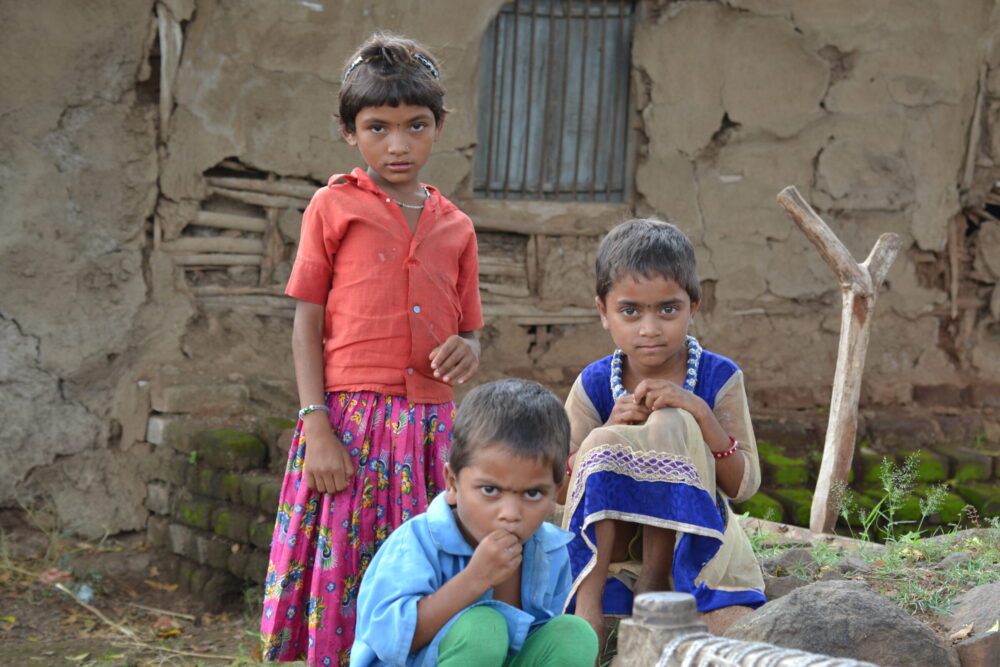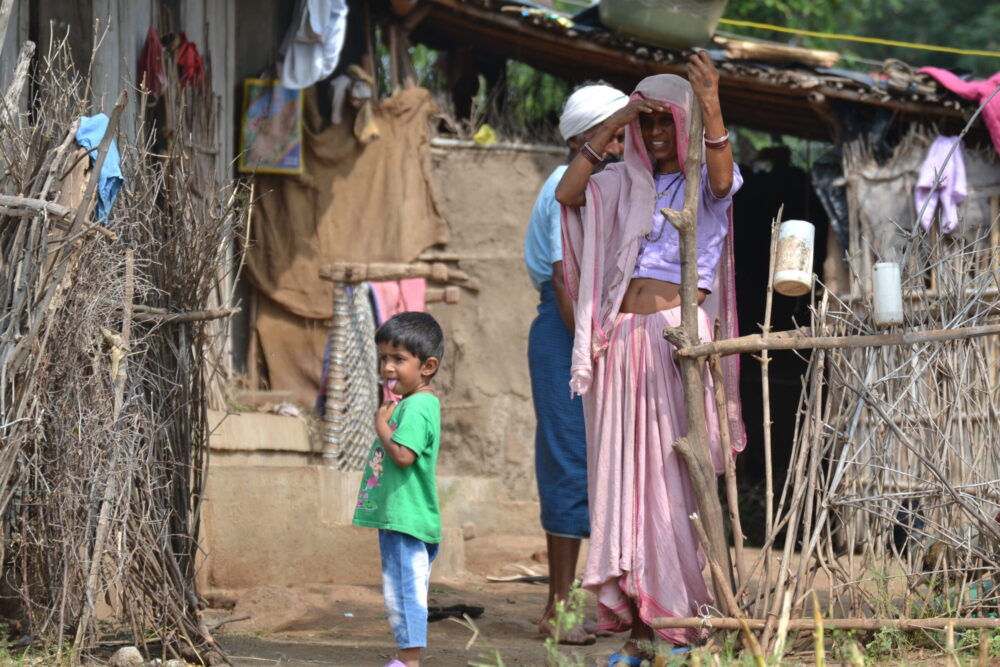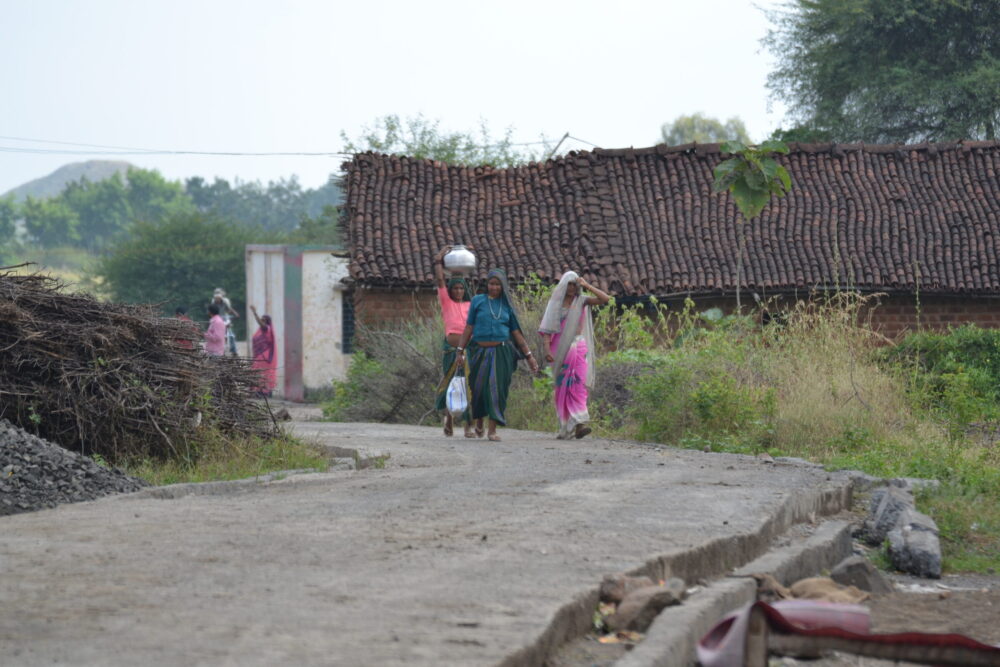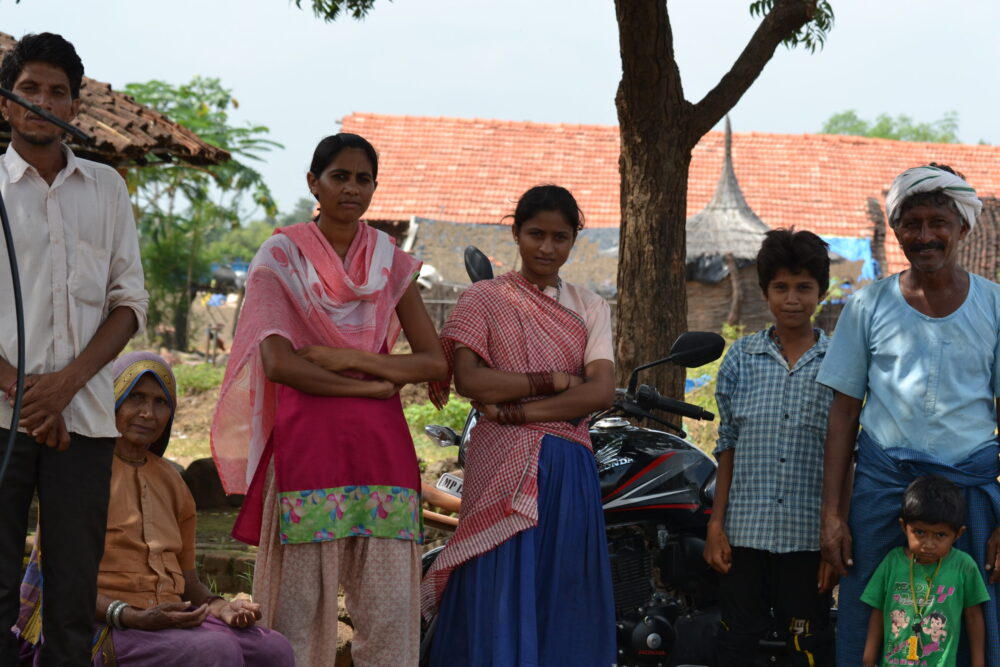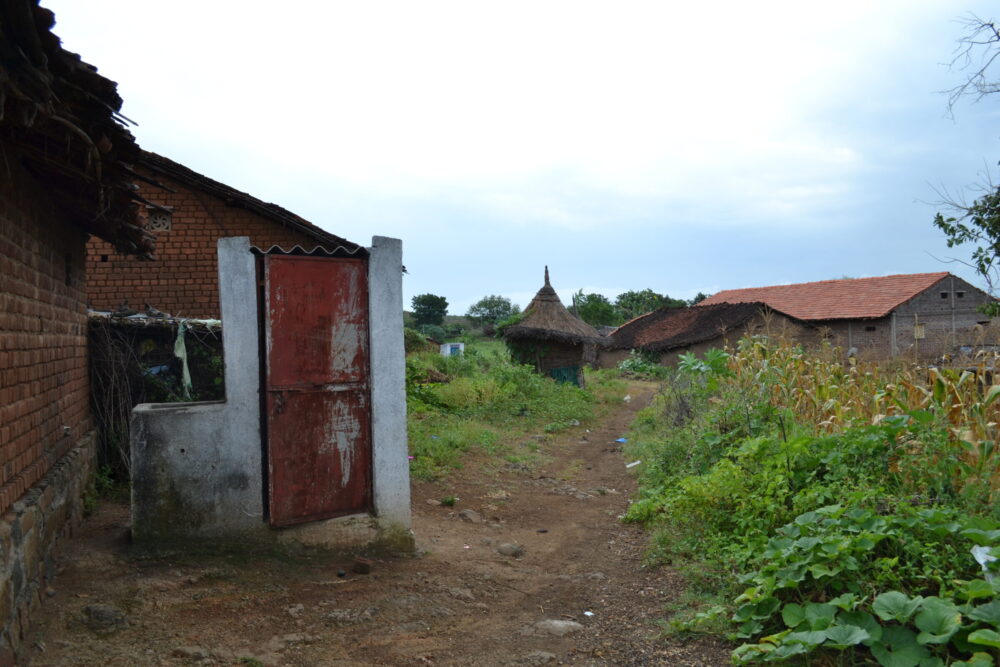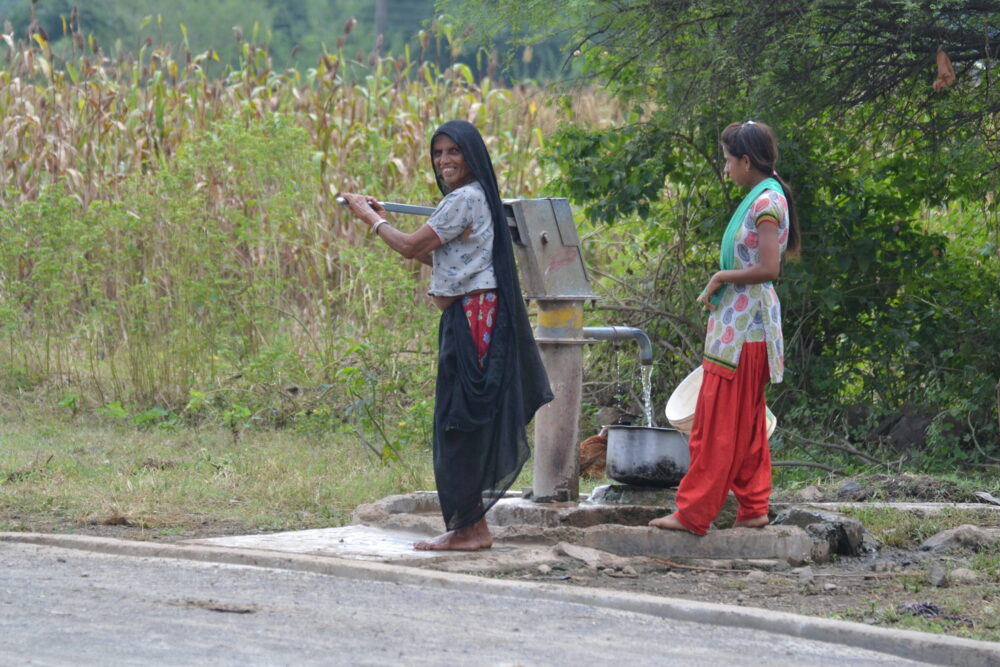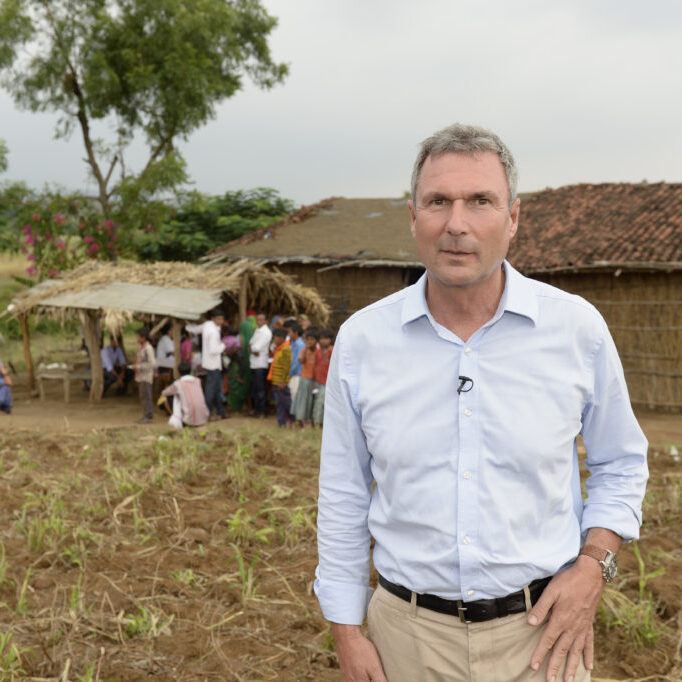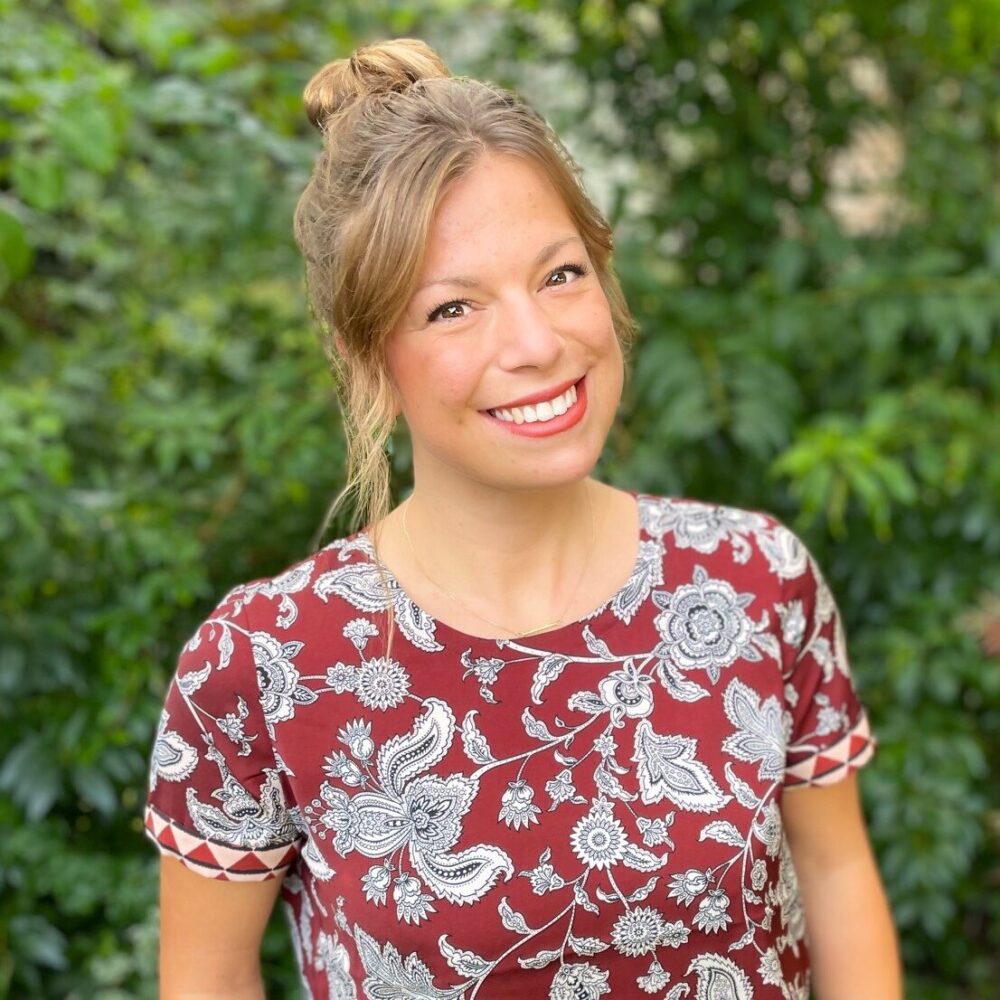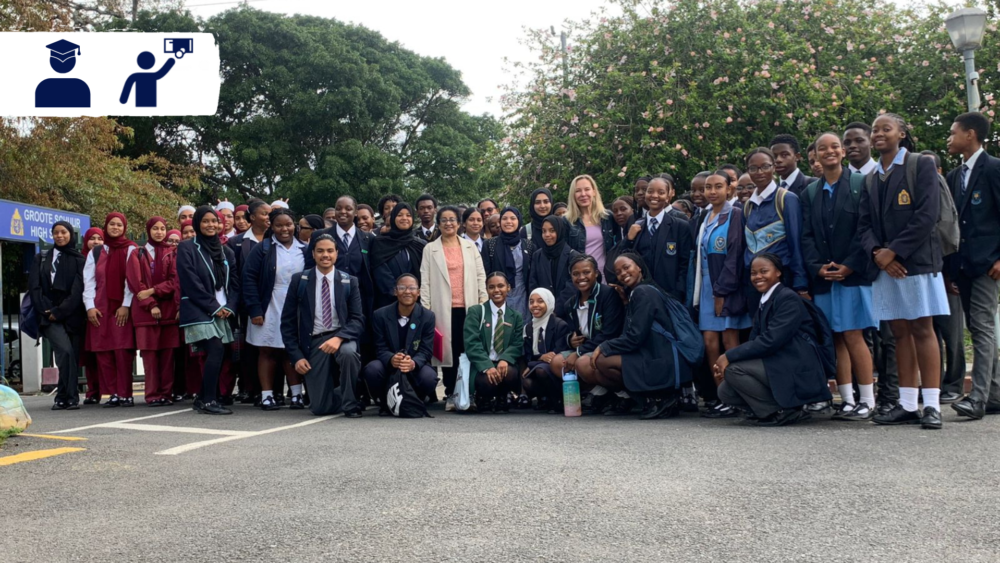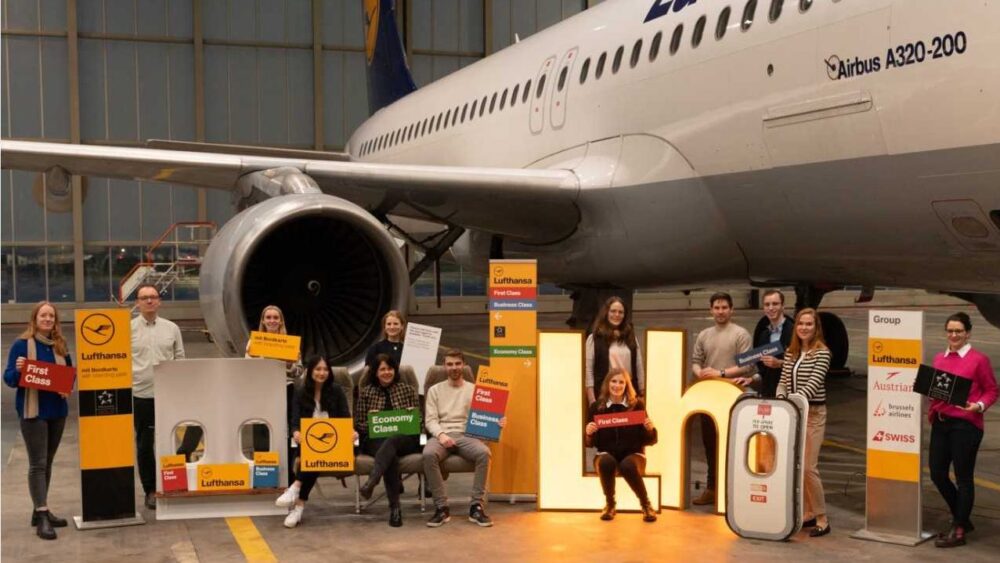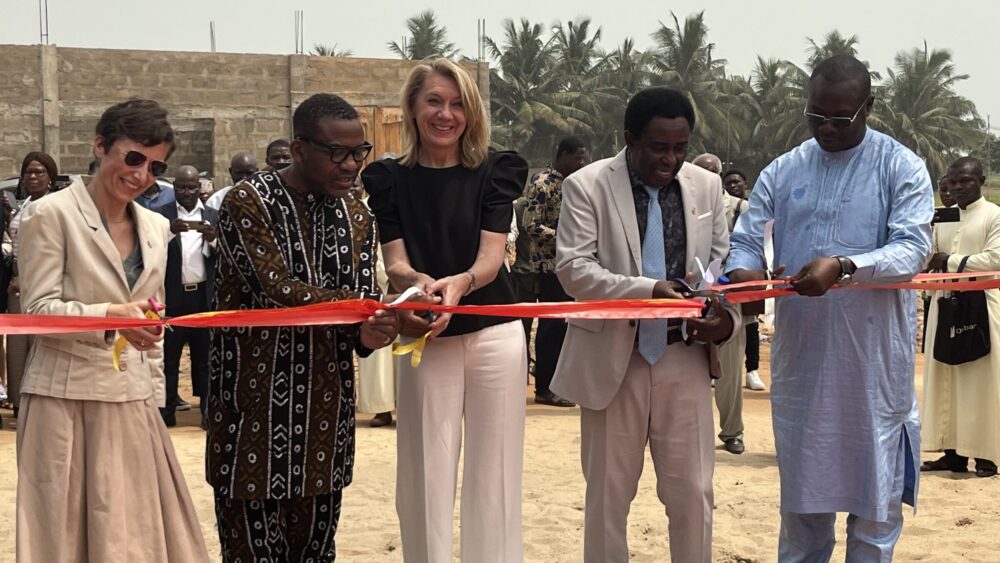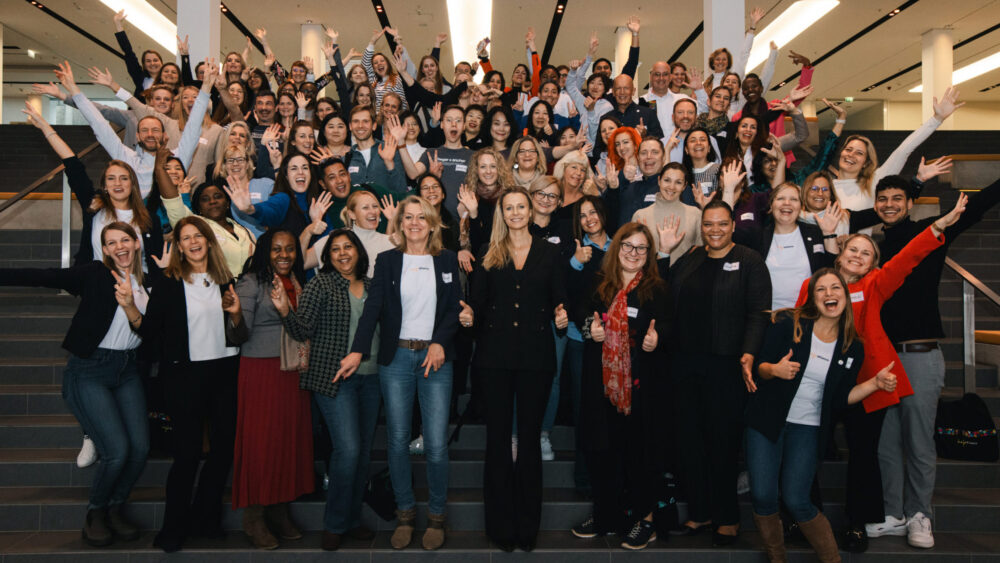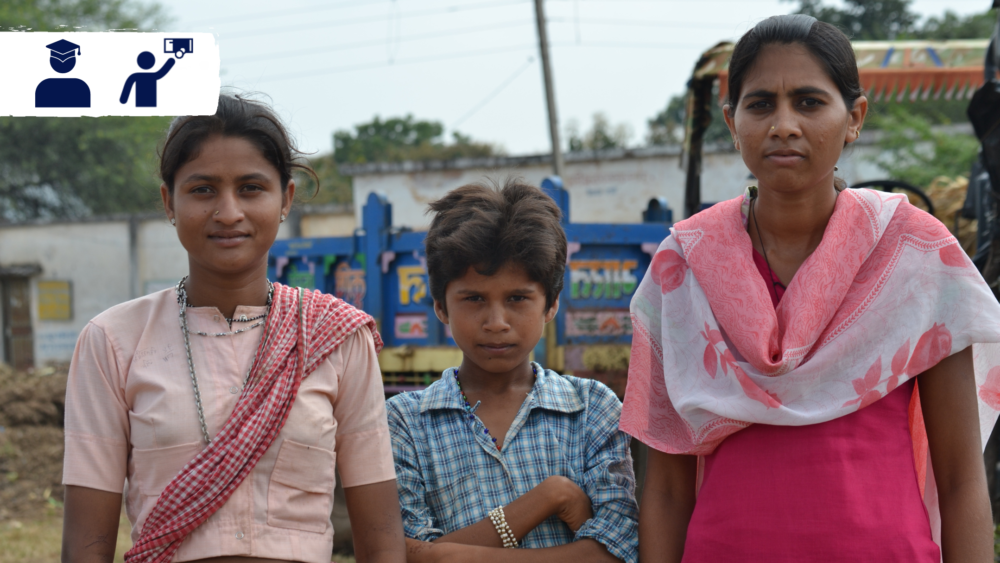
Sustainable agriculture, Madhya Pradesh
In 25 villages and 5 communities, smallholders are trained in sustainable agriculture and supported in its implementation. The aim is to enable a resource-saving and high-yield harvest in the long term and thus to combat the problem of food shortages and malnutrition in the state of Madhya Pradesh.
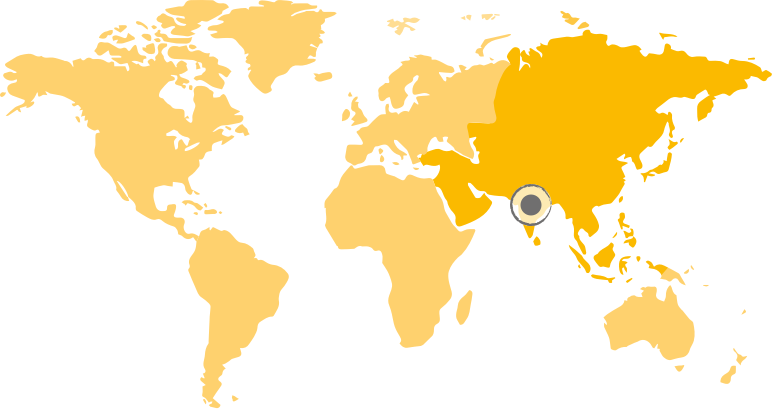
Project Background
India is one of the economic rising stars of recent years, and in sectors such as information technology and research, the emerging country is even considered one of the world leaders. But in the central Indian state of Madhya Pradesh, there is not much evidence of this development. The rural state is characterized by extreme poverty. In general, about 25 % of the population in India, or more than 300 million people, live below the official poverty line and thus have no chance of receiving sufficient supplies of essentials such as food or medicine. Children in particular bear a lot of responsibility at a very young age, working in the fields, tending goats and often taking care of family members in need of care. In the remote region, they have little or no access to education and thus rarely have the chance for a better future. Within society, women are considered the weaker sex. Girls are often getting married off at a very early age.
Target Group
The situation of extreme poverty and malnutrition in the very remote rural region of Khandwa in the state of Madhya Pradesh is further aggravated by extreme climatic conditions, such as years of drought without rain. The mortality rate among infants and pregnant women is up to 80%. The main reasons for this are a lack of vitamins and poor hygiene.
Agriculture is the main source of income for the rural population and depends mainly on the monsoon and rainfall. 60% of the cultivated land falls under the rain-fed areas. In recent years, there have been water shortages due to lower rainfall triggered by acute climate change, leading to droughts.
In the target area, more than 35% of the people are landless, and they depend mainly on minimum wages offered to them by landowners. The main crops grown in the region are corn, pigeon peas, chickpeas, soybeans, chilies, wheat. The annual income of people living in this region averages between 18,000 and 25,000 INR (205 to 290 EUR) , which forces them to live in complete poverty.
Project Goals
In and around Khandwa in the state of Madhya Pradesh, around 100 small farmers and about 1,000 children in 25 villages and 5 communities are to be supported by the project and given a way out of poverty thanks to sustainable agriculture.
However, the initial situation is dramatic. There are not many soil and water conservation structures that could replenish and raise the water table. Drought-like situations occur due to erratic rainfall and monsoons, massively affecting the annual food security of the marginal agricultural population. Soil fertility and moisture has further deteriorated in the area due to massive use of chemical fertilizers and pesticides. As a result, the land has become very unproductive and not very fertile. Due to the constant depletion of the water table, irregular monsoons, deforestation, heat waves and high temperatures, the traditional diverse and mixed cropping systems have given way to monoculture.
The existing water shortage is to be remedied through various measures. Drainage pipe systems are to be renewed to prevent contamination of the drinking water. Existing wells are to be deepened, ponds de-silted and new water bunkers constructed.
The small farmers will be supported in their cultivation process and provided with seeds and vegetable seeds to return from monocultures to a diverse cultivation system in order to protect the farmland. In addition, farmers are trained in integrated nutrient management and crop protection to restore long-term fertility to depleted soils.
Another important component is the education about governmental support programs for agriculture and the support in applying for the subsidies.
In addition, the boarding schools established by our project partner, which have been supported by help alliance for many years, should also benefit from the project. For this purpose, it is planned to supply the boarding schools with locally grown fruits and vegetables.
What are you supporting
With your donation you help us to support small farmers in their conversion to sustainable agriculture, to carry out urgently needed water conservation measures and to enable the long-term supply of an entire region with fruit and vegetables.

